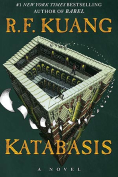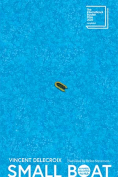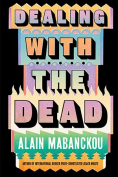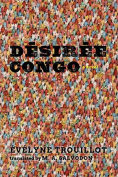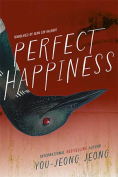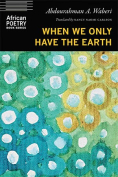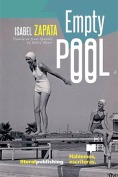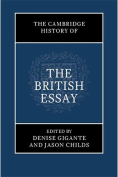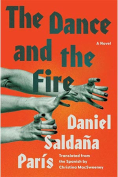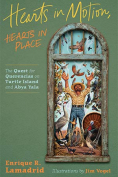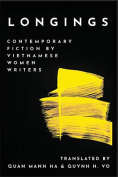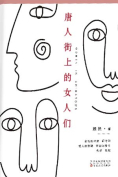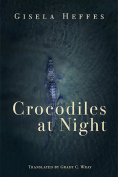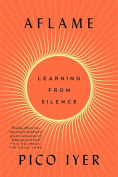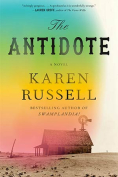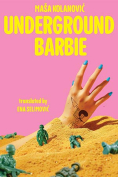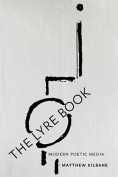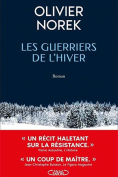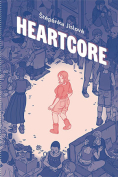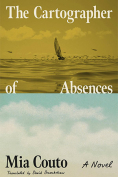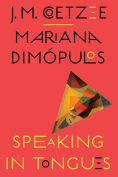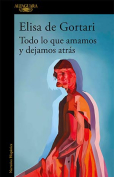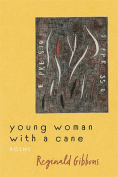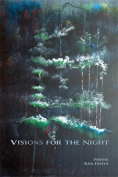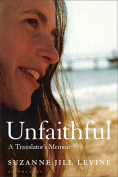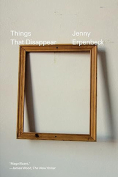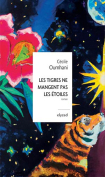Young Woman with a Cane: Poems by Reginald Gibbons
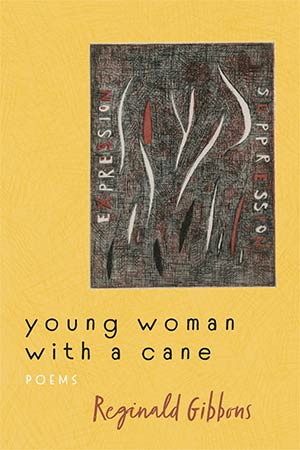
Baton Rouge. Louisiana State University Press. 2025. 84 pages.
“Arion’s Lyre,” the opening poem of Young Woman with a Cane, sets the tone of this collection. A poem rich in metaphor for the poet’s creative process, the poet’s singing accompanied by the music played upon an ancient lyre, a “precious instrument of song” preserved throughout millennia of history by a sacred creature—Arion’s dolphin. The poet sings of “wounds and grief, delight and courage, love and selfsacrifice.”
Reginald Gibbons, the poet, sings about the tragedy of the exploitation of planet Earth in “There’s an Hour of Words . . .” He describes the intrusion of man and his machine (“a roaring, / rolling exhaustblowing digger”) into the balanced world of nature “where plovers and terns have nested, / and they leap into flight, / crying out in distress above / their crushed nests and eggs.” Yet, somehow, Mother Nature survives with her generous gift of “clouds as they drag / their hems across forever- / jagged peaks while / singing without sound.”
The poetry of Young Woman with a Cane describes humanity’s place in a natural order as well as mankind’s transgression against that order. Whether we err in our treatment of planet Earth or take advantage of another person in our daily human communications, the impulse to destroy is one of the subjects of this vivid poetry. Gibbons writes, in “Dakota Cantatas,” of the endangered species and the worn pathways created by what mankind now calls “civilization”: a world “of 24-hour fracking and interstate trucking” interrupting the peace of the Dakotas and elsewhere in the land of the West.
He also describes nature’s vengeance against mankind for disturbing the natural order. In his poem “Carla,” he paints the destruction of a hurricane he remembers from his childhood in Houston during 1961. With carefully crafted couplets, he relates a tale of the incredible wrath of that storm tearing trees from their roots, flooding the interior of his family home, and filling ditches with rainwater and mammalian corpses. Yet, in the wake of this destruction, he bears witness to the beauty of the storm’s aftermath: “glistening droplets hanging on twigs from which some leaves / had been torn and our flashlights stared and stared at what seemed // an earthly galaxy of tiny daytime stars that / we could touch but didn’t — they were too beautiful.”
So many of Gibbons’s poems express the need for the resurrection and preservation of our language. For example, in the poem “Figments,” the poet describes his own quest for survival, even for immortality, through the invention of his personal language: “With needle-pointing words, I am crossstitching a new little galaxy on the sleeve of the inconceivable extent, the abyss, of infinity, I’m stitching a bright hem around the sweet simple neck of a tiny interstellar smock and it too will hold fast to its polyvocal thread sewn onto the same nothingness[.]”
The poet offers his readers respite in his linguistic explorations of everyday scenes from the ports of his world travels. In his title poem, “Young Woman with a Cane,” Gibbons recalls events and the commonplace during a visit to the River Saône near Lyon, France, circa 2017. This poem opens with a view of the river—its powerful current speeding through the city “pouring seaward.” The poet gives his readers a sense of historical time, the ageless flow of water over millions of years. And, as he also recalls the quaint beauty of Lyon, he paints the history of the quay, the city streets and its villages, riverside shops, and the daily routines of its people. He meets a young woman with a cane who plays the piano for him in a music shop near the river. The river itself becomes a symbol of all rivers throughout the world, which invite the suffering to “walk immortal waters.”
There are many significant poems within this powerful volume—too numerous to explore here. Let us say in conclusion that Reginald Gibbons’s cosmopolitan vision of a world without suffering, violence, or destruction lends us hope that his songs will mend the tear in the fabric of our histories so apparent in our time.
Beth Brown Preston
West Chester, Pennsylvania

